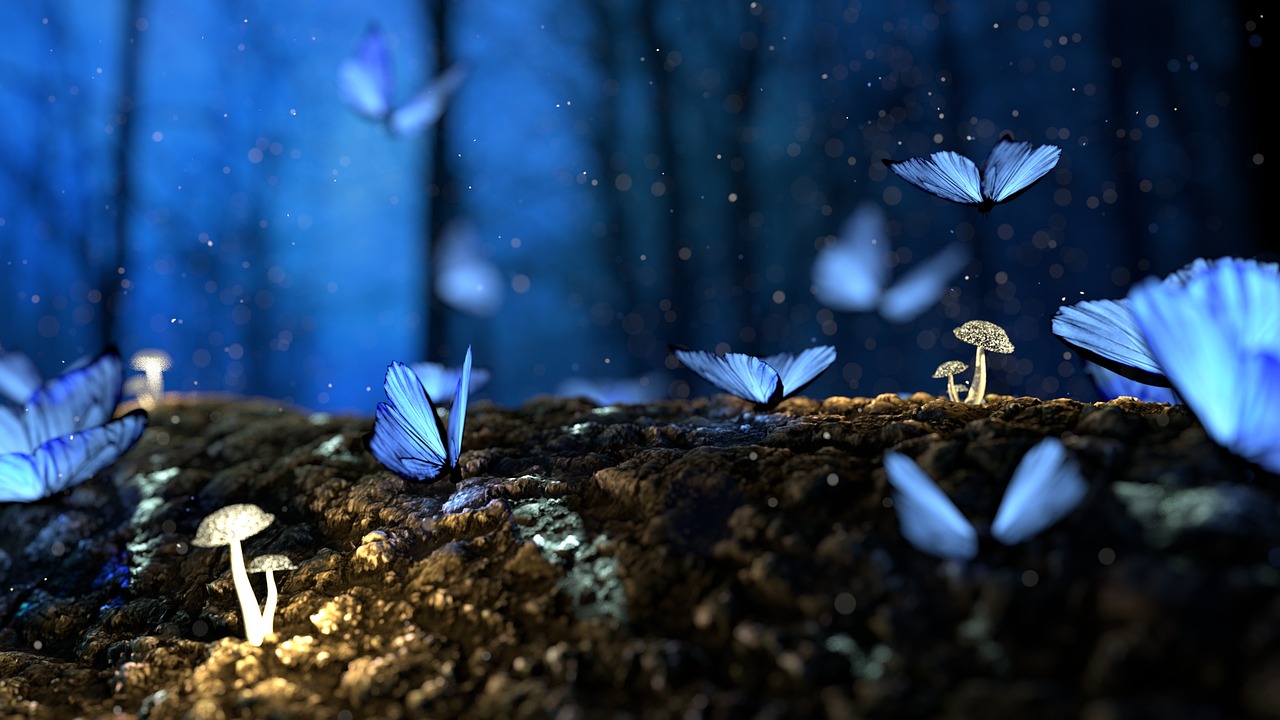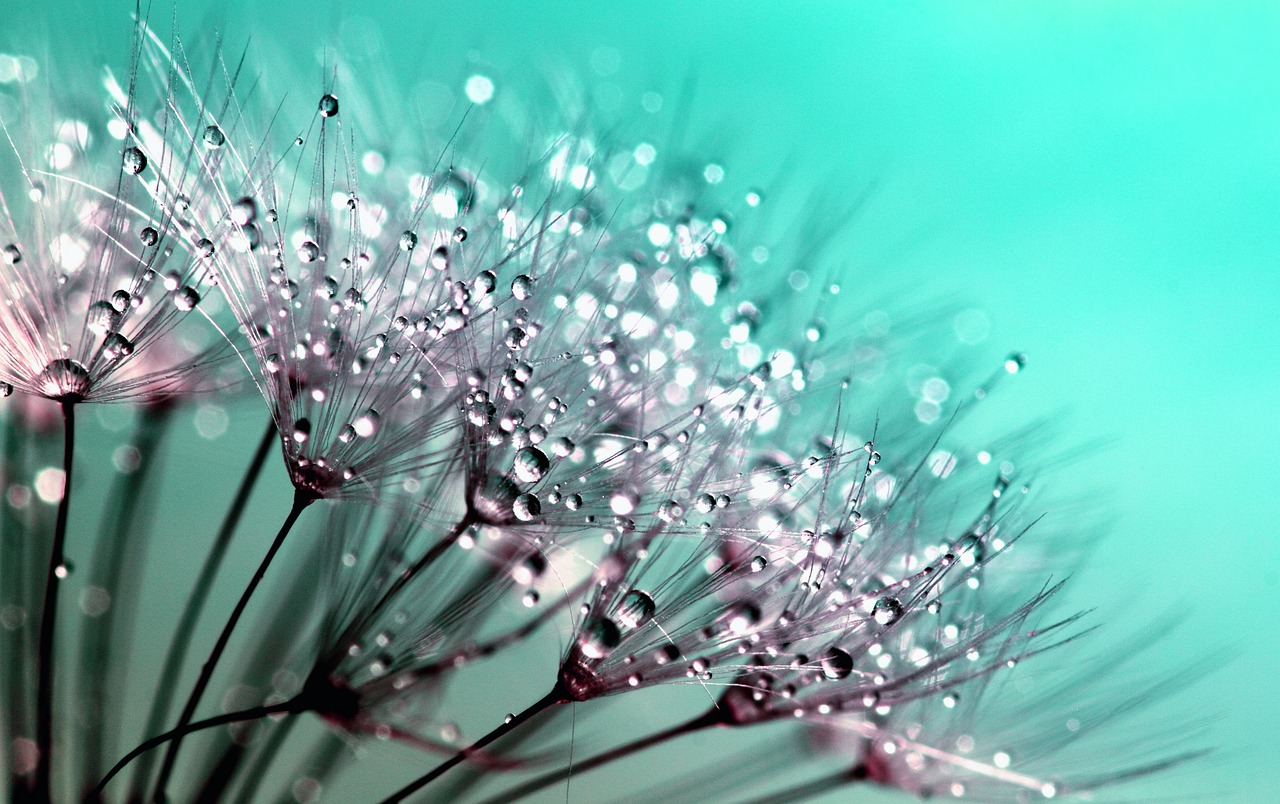Creativity is something we all have from the moment we discover that we can transform everything in our minds into something new. That ability to transform images and sounds is what we must cultivate so that the results have meaning for us and everyone who is out of our mind. If we want to stimulate the process of creative thought, the genesis of all ideas, we must let it freely control the results of the transformation.
Creativity may be the result of our need to discover, in other cases, it is a form of individual expression of the world we know, particularly, creativity is a biological impulse which forces us to seek a solution to the problems that limit the welfare of individuals in a certain environment that they can not control. Ideas end up being answers in our minds that seeks to solve a problem.
We all have challenges in life. If we want to be successful in everything we do, we must use creative thinking to a lesser or greater degree if we are to find a solution to these challenges. Our ability to create strategies, visualize methods, use techniques and find solutions in our minds by formulating new ideas produces in us a sense of control in all we do, but also a better outlook on our possibilities in the future. Many consider creativity to be the cultural axis that drives a civilization.
New ideas are responsible not only for our ability to adapt but also for innovation in an environment that is constantly changing. Creative thinking gives us the ability to succeed in all we do, as long as we have confidence in the strategies we create. Our ideas and capacity for innovation will only be possible if we let our creativity freely show us the way forward.

Why should we let creative thoughts be part of our reality?
At the moment of birth, our creative thinking is limited by the lack of experience that we all have. Throughout our lives, our creativity grows with our intelligence and experience connects with the environment that surrounds us. The external and internal environment, which is the source of all our mental images, has more and more influence on us, but also our ability to react to it. Our ideas are the ones we learn from those around us.
In our childhood, Our creative capacity is used by our imagination as a tool that transforms our imaginary world, which fills our lives. Through daily practice, we learn little by little to manage the creative ability that we all have, in our games, artistic expression, but also to create mental images through the drawings that only exist in our minds. Our mental creativity is recognized by others when we can express it in the things we show, point out, describe, avoid, interpret, do and say.
As children, little by little we also learn to freely express and show our creative ability to others, who in some cases support that creative process and in other cases fail to stimulate creative thoughts in us. But as adults, we all have the possibility and the right to freely express our creative ability through our ideas, expressions and the way we choose to live, if we wish. The recognition of our own creativity in each of us is what really defines who we are when we compare ourselves with the rest.
Somehow, we all know internally the creative process that involves expressing visually what we think, feel, desire and visualize. Creativity is something that is always in us, and we use it in our daily lives without realizing it. Everything we do requires a creative process on our part that reflects our individual tastes. Creativity is much better expressed when we recognize the power it exerts in us and let it freely express itself through us.
Creativity isn’t necessarily a characteristic you’re born with; it’s a trait that can be honed through habit. With the right practice and persistence, you can rewire your brain to make the most of your inherent ability to generate original ideas. You can cultivate your creativity by challenging yourself to create every day, in whatever way speaks to you, whether that is writing, drawing, photography, painting, dancing, singing or creating music. Push past your first ideas. We often focus on concepts we already know.
Take time to daydream. Allowing yourself time to “space out” and let your mind wander can boost creativity. Researchers have found that daydreaming can lead to creative problem-solving. When your mind wanders, it accesses memories, emotions and random bits of stored knowledge. The key to using mind-wandering effectively is to direct it toward an area you’re looking for inspiration in.
Any creativity that is not shared with those around us is just a group of mental images wandering persistently in our mind, seeking its independence through its insistence to be recognized by us, not only as part of us, but also as part of the world in which we live. Everything that is the result of our creative process must be shared with others when it positively contributes to the well-being of all human beings.
That is one of the reasons why we should let all creative processes operate without our intervention. Creativity needs freedom to express itself. When we intervene in our creative process, we limit, weaken, destroy and control the result, which breaks the positive energy behind creative thinking. When we freely let creativity create new ideas and form new artistic expressions, and show the world new shapes, structures, styles, new smells and colors never seen before, we are freely contributing to the well-being of all human beings through our creative ability.
